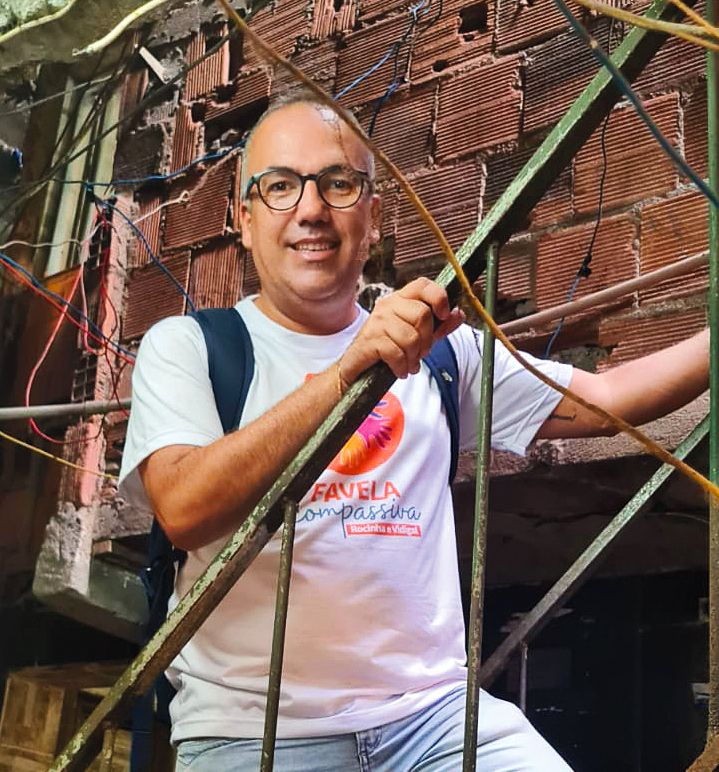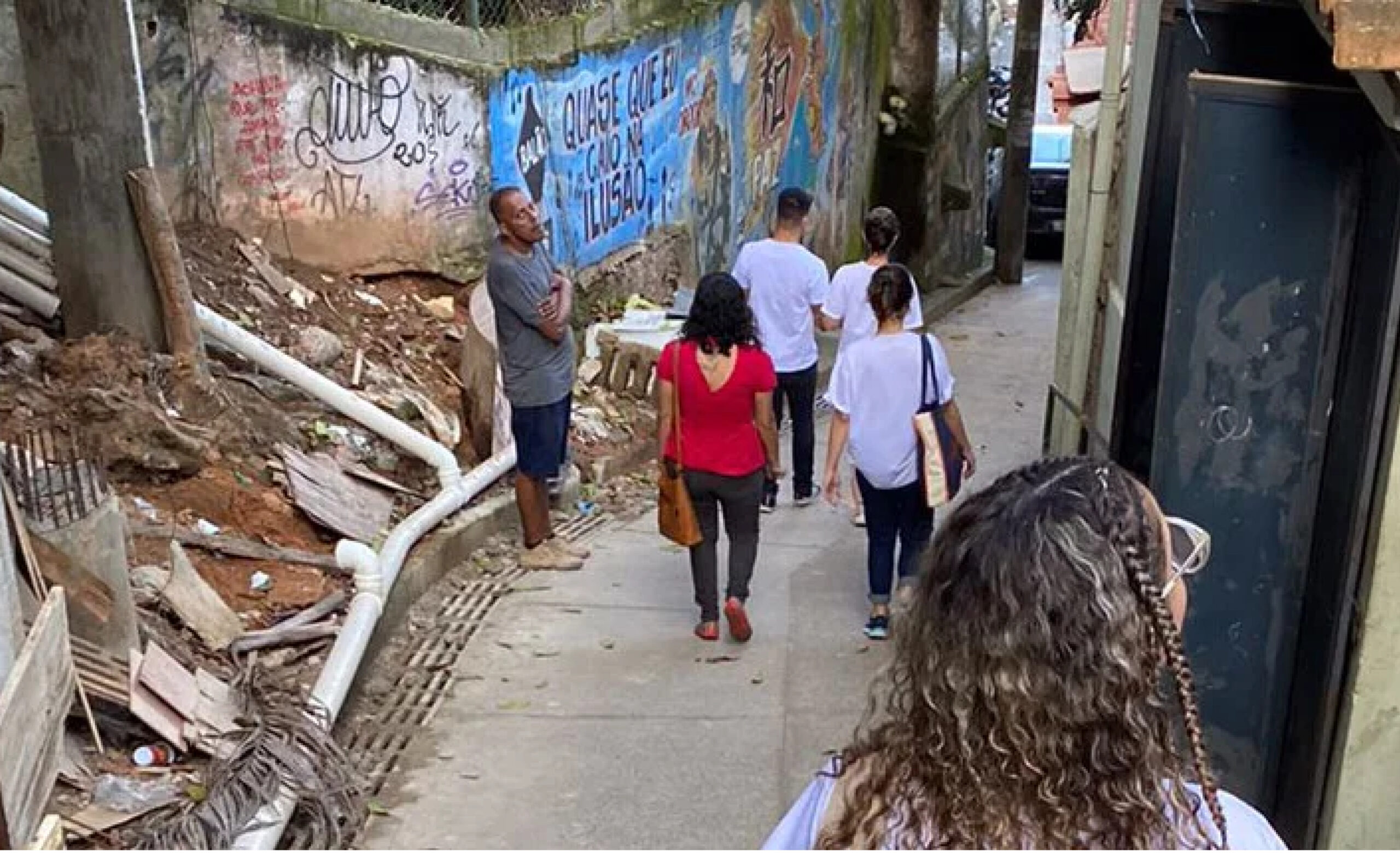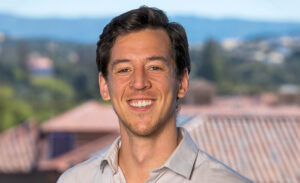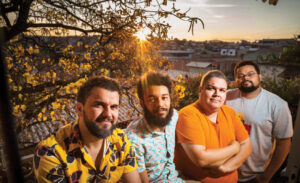This article is adapted from AQ’s special report on Latin America’s ports

Alexandre Silva
47 years old, Rio de Janeiro
Founder of Favela Compassiva, a nonprofit, volunteer-run organization. Professor of nursing at Universidade Federal de São João del-Rei.
What they do: Favela Compassiva provides palliative care in Vidigal and Rocinha, two of Rio de Janeiro’s main favelas. A recent study published in the Journal of Pain and Symptom Management ranked Brazil 79th of 81 countries when it comes to the quality of end-of-life care.
AQ: How is Brazil doing when it comes to taking care of people with terminal illnesses?
AS: We’re dying badly. In January, the Health Ministry established a national policy for palliative care, but Brazil still has a long way to go.
AQ: What’s different about providing palliative care in a favela?
AS: Access to health care is more limited. Our patients are the most vulnerable because they need comprehensive care inside the home. The public health care system is very good, but it doesn’t have the funds or personnel to offer that level of care.
AQ: How did Favela Compassiva come about?
AS: When I was younger, I witnessed my aunt’s death and was scarred by it. I’m a nurse, and I got a degree in palliative care. I had always wanted to work in favelas, so in 2018 I started a network to take care of the sick in the two favelas we now work in, Vidigal and Rocinha.
AQ: How does Favela Compassiva work in practice?
AS: We work on pain prevention and management and improving quality of life. One of our volunteers will visit a patient in need to evaluate the situation. We then connect them with the community’s health care system, if they aren’t already connected. Our goal is always to work in tandem with the system, not substitute it. We select someone to be their companion: This may be one of our volunteers, or we may have to train a relative or someone else in the community. We stay with them until the end, so they can have a dignified death, hopefully in their homes.
THIS INTERVIEW HAS BEEN EDITED FOR CLARITY AND LENGTH







